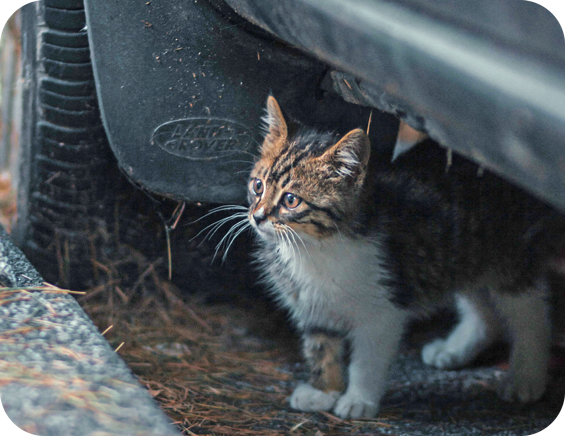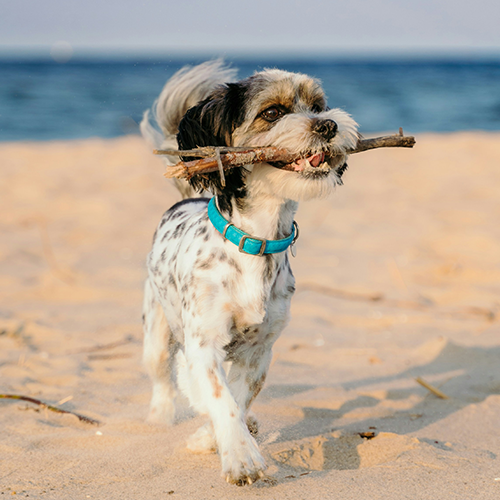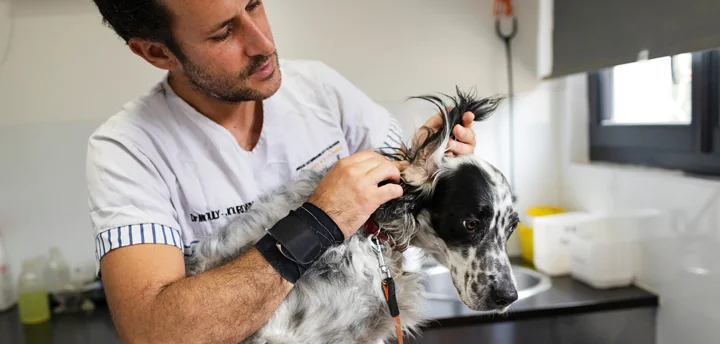Tips & Tricks on how to Keep your Pet Warm during Winter
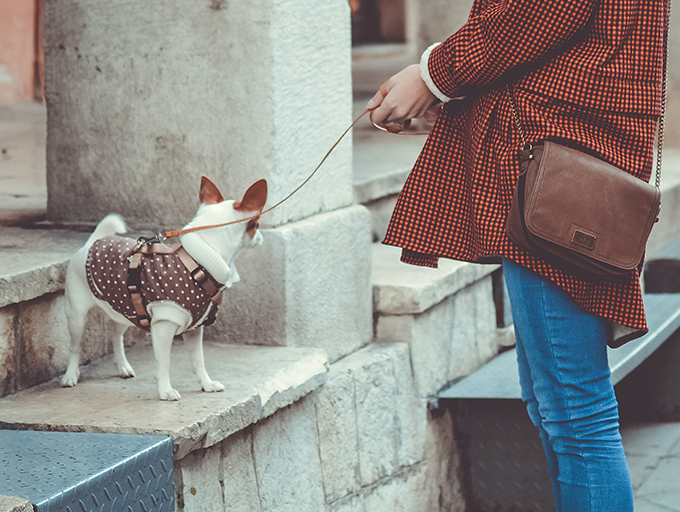
Winter is quickly approaching as well as the low temperatures accompanying the coldest season of the year. Just as we feel the chills of the cold winter weather, we should also remember that our pets most likely dislike the chilly days too! Read this blog for some tips and tricks on how to keep our animal friends warm during winter temperatures.
Keep your Pet(s) Warm and Indoors when Possible
While it may seem like an obvious suggestion, this action may be tricky to carry through, especially for pets who really enjoy being outdoors. Responsible pet owners need to be very attentive and not leave their furry friends unsupervised outdoors during freezing temperatures. Our animal friends can be at risk of frostbite and hypothermia when they are outside in freezing weather for prolonged periods. Nonetheless, pets such as dogs, should still get regular trips outdoors to exercise and for daily walks.
Be Cautious when your Pet is Outside Often
For pets with no or short hair, wearing overcoats may help to keep them warm. If your four-legged friend is comfortable with wearing pet clothing, consider getting a high-quality pet overcoat so your pet can feel the benefit. And it may look a bit funny, but pet booties can also be extremely valuable in protecting them not only from the cold footpath but also from salted icy footpaths which may harm your pet’s paws. If you have a garden where your pet enjoys spending time, you can also build your pet a shelter. This shelter must be big enough to allow them to be comfortable but also small enough to avoid body heat escaping. Additionally, any pet shelter should ideally be raised from the ground, waterproof and not directly facing the wind. Examples of well insulated houses that you could build or buy for your dog can be found here.
Make Sure that your Pet has Plenty of Food & Water
Don’t be surprised if your four-legged friend’s appetite strikingly increases during the coldest season of the year. Indeed, pets generally need more food to keep them warm during colder temperatures as their body depletes more energy. Additionally, remember to check that the water you provide them with did not freeze over. Lastly, with low temperatures, plastic bowls for food and water are the safest choice as your pet’s tongue could get frozen onto metal bowls.
Be Aware of Potential Antifreeze Poisoning or Other Health Hazards
While antifreeze is a deadly poison, it also has a sweet taste that could attract your furry friends. Be extremely careful of this health hazard and make sure to store any antifreeze you may have out of reach and always wipe up any spills. If your pet ingests this liquid, they could have various reactions, such as being hyperactive, nauseous, lethargic, to name a few. Keep an eye out for these behaviours and make an appointment with your vet if your pet starts showing these symptoms. Furthermore, pet owners should also be aware that certain chemicals used to clear snow can cause dangerous irritations to their pets’ fur. To limit the risk, avoid frequent bathing of your furry friend as this can deplete the essential oil in their coat.
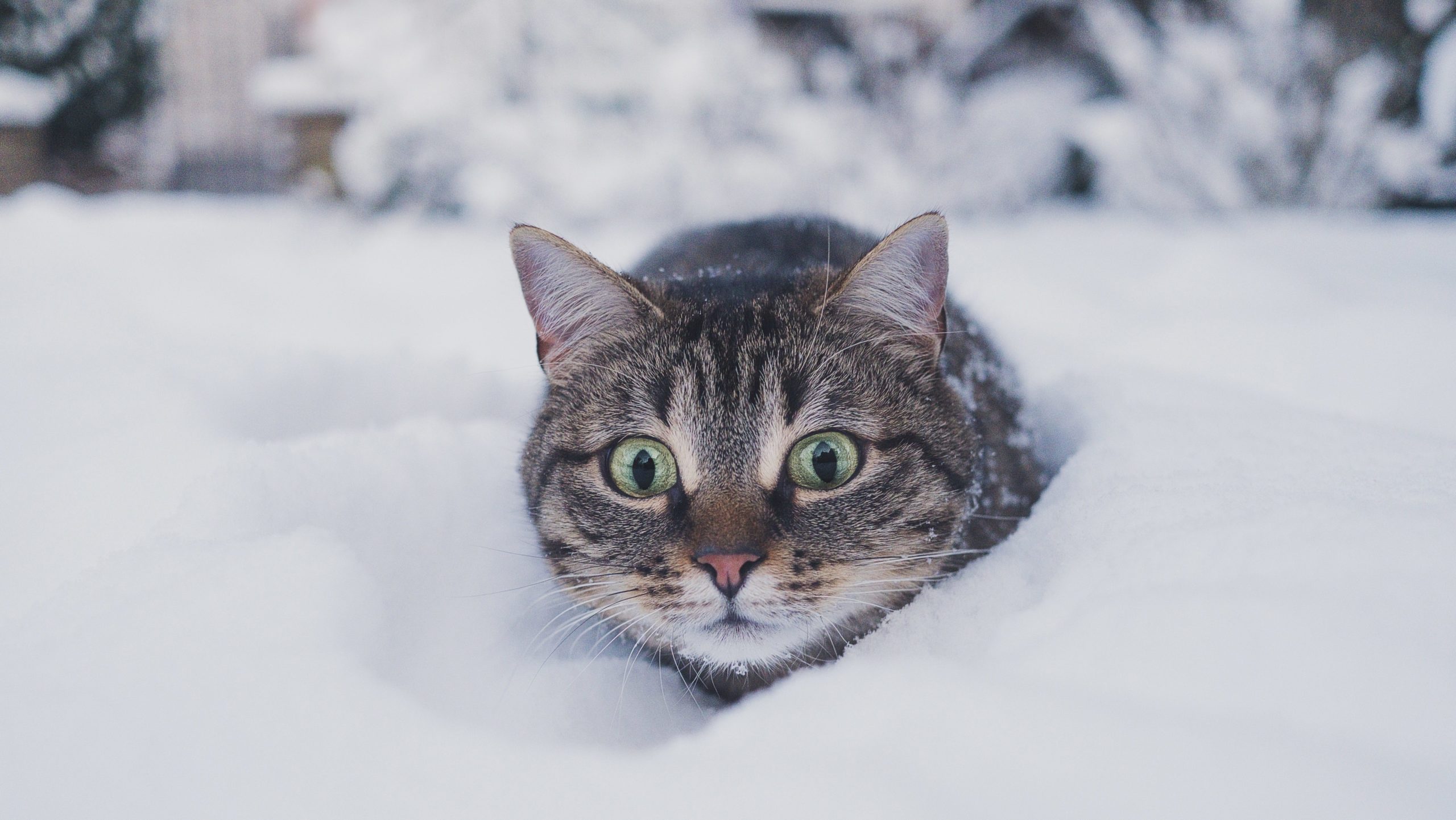
Be Aware of Strays and Wildlife in your Neighbourhood
While you should definitely be extra careful about your household companions, you should also keep an eye out for wildlife or strays who may be feeling the negative effects of chilly temperatures. For instance, during winter, you should always check under your car before starting the engine as this space can be a tempting shelter from the cold, especially for stray cats.
